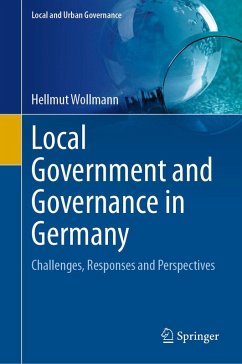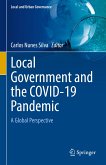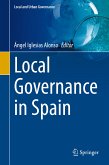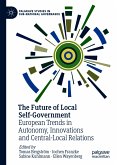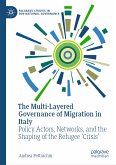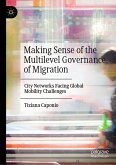Ranking among the functionally and politically strongest among European countries Germany's local government plays an important role in the German federal system and beyond in the European Union. Over the years it has proved a remarkable problem solving and innovative capacity. Hence, the German case may attract the attention of a European and international audience interested in local government and governance and practices.
Dieser Download kann aus rechtlichen Gründen nur mit Rechnungsadresse in A, B, BG, CY, CZ, D, DK, EW, E, FIN, F, GR, HR, H, IRL, I, LT, L, LR, M, NL, PL, P, R, S, SLO, SK ausgeliefert werden.

